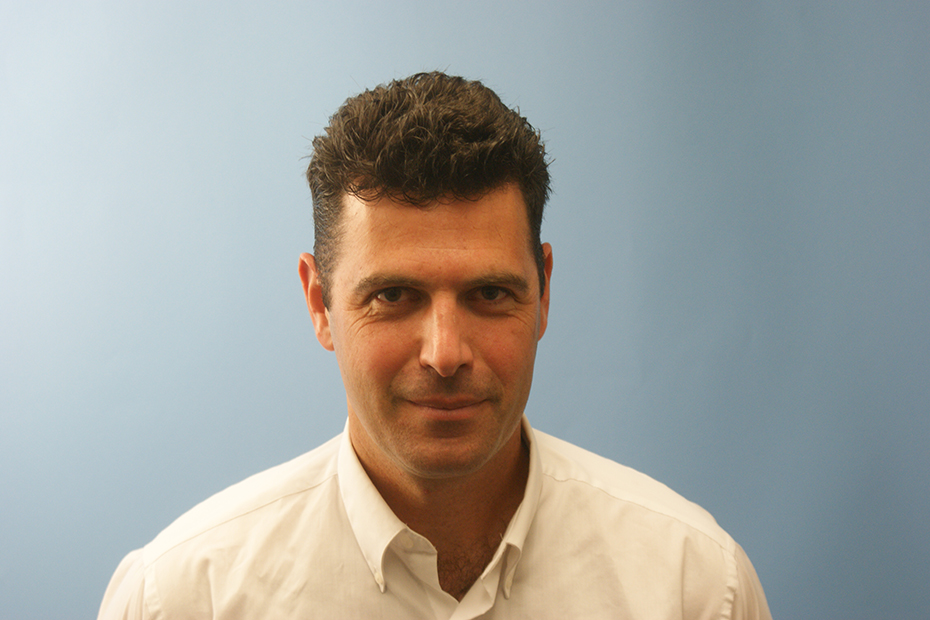MAE Professor Jacob Rosen was interviewed by Joanne Pransky from Industrial Robot: An International Journal. A short part of this interview is also published online in Robotics Business Review for a limited time.
One of many interesting quotes:
Pransky: Let’s assume that your life is only 50 per cent complete. What groundbreaking challenges do you think you’ll be working on 25 and 50 years from now?
Rosen: Communicating directly with our brains is likely to be a long-term major challenge for humankind. The brain’s anatomy, unlike any other organ in our body, does not in most cases teach us about its function. Although we understand how a single neuron works to some extent, we are far from understanding the function of the brain’s network as a whole and in particular the effects of brain damage.
From the human machine interface perspective, it is critical to create a reliable neural interface somewhere along the neural system that the body will not reject over time and yet will also allow access of both downstream and upstream flows of information. With downstream information, peripheral devices in our environment may be able to be controlled such as orthotic or prosthetic devices; when tapping into upstream information, learning processes that bypass our senses may be able to be imposed, including for example, uploading a book or acquiring a motor skill directly to the brain or communicating and processing information between humans or a computer in a nonverbal way. I don’t know if these capabilities are feasible in the next decades but they will certainly upgrade us beyond our Homo sapiens nature.

